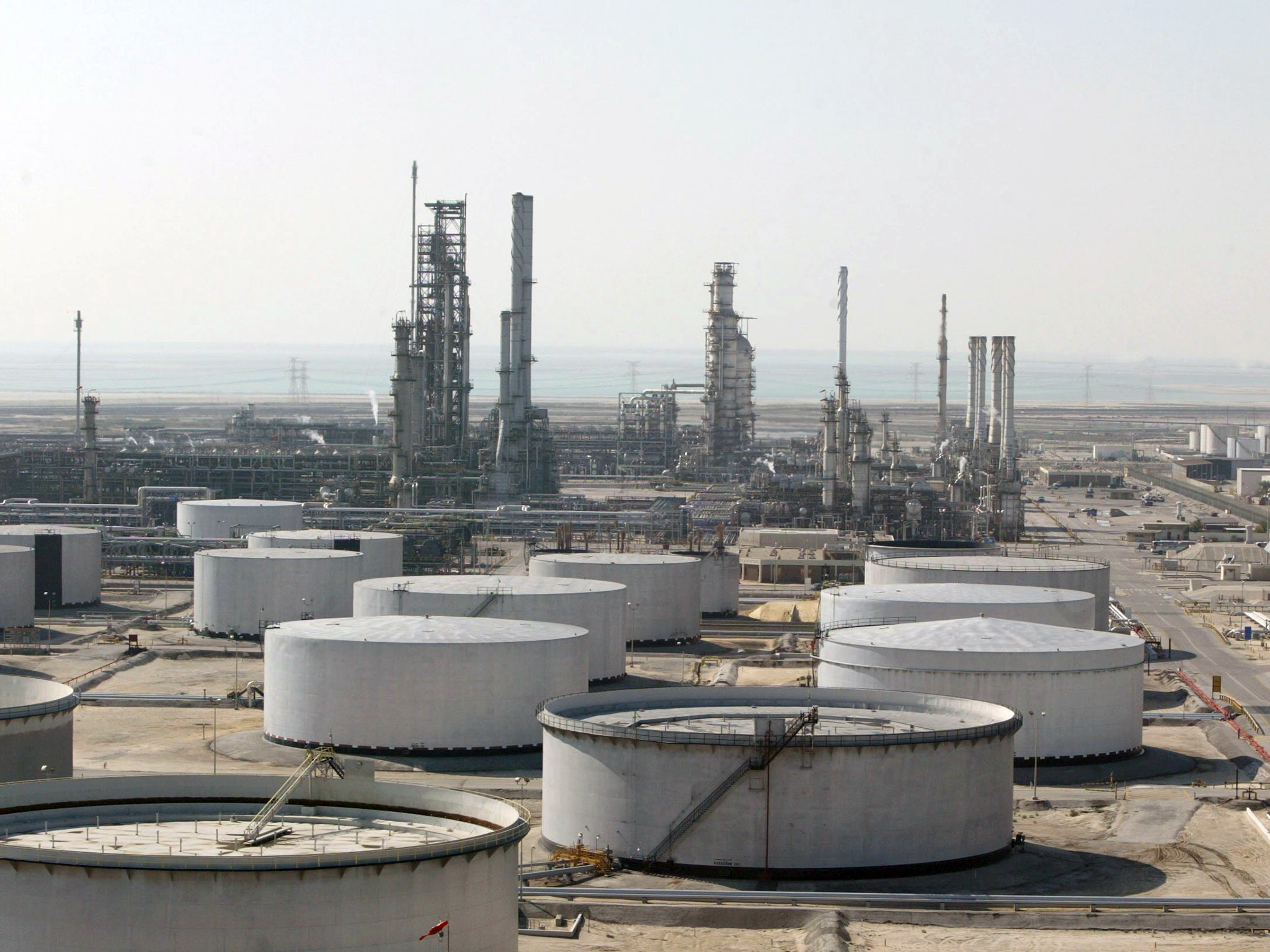Here’s why the Saudis have proposed to freeze oil production….
The Saudis said this morning that the Kingdom is willing to freeze production at January levels of output, alongside Russia, Qatar and Venezuela in order to support the international oil price. “Freezing now at the January level is adequate for the market, we believe” said Ali Al-Naimi, Saudi Arabia’s oil minister. “We recognise today the supply is going down because of current prices. We also recognise that demand is on the rise.” But what’s really going on?
Because the oil price has been falling like a stone and has been showing no signs of recovery…
The price of barrel of Brent crude is down 70 per cent since the summer of 2004 to around $33. And some analysts have forecast that it might eventually fall as low as $10 a barrel unless global supply is cut back. Saudi has been saying that it will not cut production in response to the price falls, predicting that prices would soon bounce back to more normal levels. But prices have fallen much more than the Saudis expected and now they are starting to get seriously alarmed.
Because Saudi is the world’s second largest oil producer …
The Kingdom has the power to influence the global price of oil by increasing or cutting back supply. It is also de facto leader of the OPEC cartel of producers. No plan by producers to cut back supply can work unless Saudi participates.
Because the Saudi Arabian state is at risk of bankruptcy if the oil price falls too low…
Last October, when the oil price was still at $50 a barrel, the International Monetary Fund warned that Saudi was on course to run out of financial assets within only 5 years if it carried on spending at the current rate. Since then Saudi has announced some major austerity measures in response to its deterioriating finances. But the oil price has also fallen further, intensifying the fiscal pressure on the government.
Because the Saudi stock market has been collapsing, driven by bankruptcy fears for its oil-industry companies…
Stock markets all around the world have been hit by heavy selling this year. And the biggest falls have been in Saudi stocks. Saudi wants to prop up the value of its corporate sector and the only way to do this is to stabilise the oil price.
But Saudi doesn’t want to halt production entirely because they still want to squeeze out US shale producers….
One of the primary reasons the global oil price has collapsed is that some much additional supply has been pumped into markets by US shale oil producers. US shale production has fallen since last year, but it has not totally collapsed. The Saudis hope that the rout of the global price will ultimately drive these relatively high cost American rival producers out of business, enabling the kingdom to grab back lost market share when the price ultimately recovers. So the Kingdom wants the oil price to stabilise, but it doesn’t want it to bounce back to the levels of two years ago, which incentivised the US producers to invest heavily.
And the Saudis want a low oil price to hurt their Iranian rivals…
Western sanctions on Tehran are being lifted after last year’s landmark nuclear deal. And Iran now plans to start selling its oil again on the global market. Last week Iran loaded three tankers to bring its oil back to Europe for the first time since 2012. Saudi does not want the Iranians, its major regional rivals, to profit too much from their new exports, so the Kingdom wants the oil price to remain relatively weak.
That’s why the oil price rose initially, but then fell back…
Biggest oil producers (IEA figures)
Show all 10Traders bought oil when rumours of a major Saudi move leaked out. But many sold again when it became clear the Kingdom was not going further and ordering a total production shutdown.
Subscribe to Independent Premium to bookmark this article
Want to bookmark your favourite articles and stories to read or reference later? Start your Independent Premium subscription today.


Join our commenting forum
Join thought-provoking conversations, follow other Independent readers and see their replies